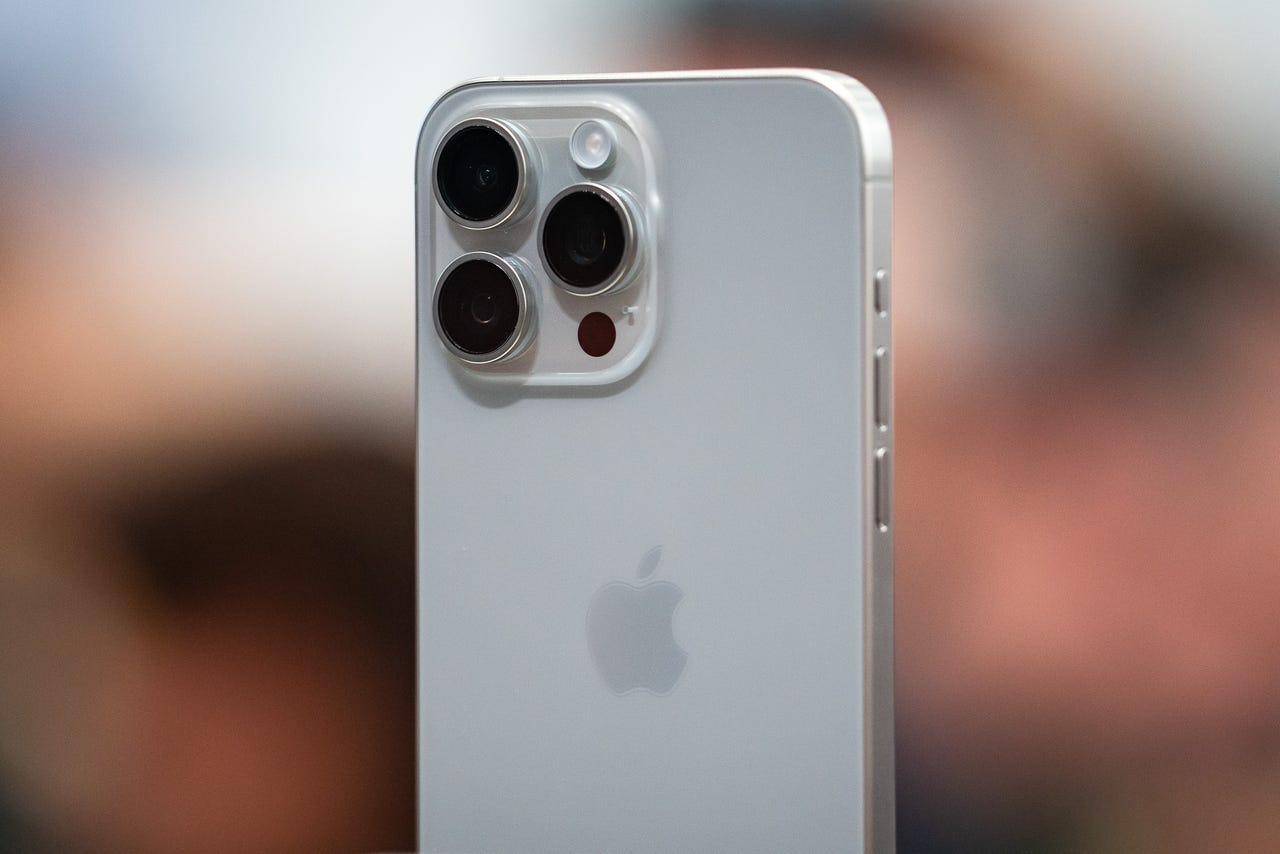'ZDNET Recommends': What exactly does it mean?
ZDNET's recommendations are based on many hours of testing, research, and comparison shopping. We gather data from the best available sources, including vendor and retailer listings as well as other relevant and independent reviews sites. And we pore over customer reviews to find out what matters to real people who already own and use the products and services we’re assessing.
When you click through from our site to a retailer and buy a product or service, we may earn affiliate commissions. This helps support our work, but does not affect what we cover or how, and it does not affect the price you pay. Neither ZDNET nor the author are compensated for these independent reviews. Indeed, we follow strict guidelines that ensure our editorial content is never influenced by advertisers.
ZDNET's editorial team writes on behalf of you, our reader. Our goal is to deliver the most accurate information and the most knowledgeable advice possible in order to help you make smarter buying decisions on tech gear and a wide array of products and services. Our editors thoroughly review and fact-check every article to ensure that our content meets the highest standards. If we have made an error or published misleading information, we will correct or clarify the article. If you see inaccuracies in our content, please report the mistake via this form.
Apple says iPhone 15 overheating not a hardware issue, and a fix is here

Apple has confirmed that the overheating issue affecting the iPhone 15 and iPhone 15 Pro is the result of a combination of an iOS 17 bug and third-party apps.
The good news: It's not some hardware design flaw related to the titanium chassis. Even better news: The fix, which has landed in the form of iOS 17.0.3 -- doesn't affect system performance.
Also: iPhone 15 Pro overheating resolved: Thermal photos before and after iOS 17.0.3
Shortly after the iPhone 15 started to land with new owners, reports began to surface on social media and Apple's support forums of overheating issues. Some users reported that it was happening when the iPhone was charging; others reported that apps such as Instagram were to blame.
In a statement to Forbes, the company said that while it is normal for an iPhone to "feel warmer during the first few days after setting up or restoring," it had "also found a bug in iOS 17 that is impacting some users and will be addressed in a software update."
This is good news for new iPhone 15 owners, some of whom have been experiencing temperatures that make the handset "difficult to hold."
Review: iPhone 15 Pro: Coming from iPhone 12 Pro or earlier? This upgrade will wow you
In a statement to Reuters, the company said that the iOS 17 bug fix would not reduce performance. This suggests that no throttling of the new A17 Pro processor will be required, and users won't have to endure a drop in performance. And now that iOS 17.0.3 has landed -- the third update to iOS 17 in a little over two weeks -- Apple should be able to draw a line under this issue.
The fix -- which also contains two security updates, one for an attack that Apple says "may have been actively exploited against versions of iOS before iOS 16.6" -- will address an issue "that may cause iPhone to run warmer than expected." Apple doesn't mention that this issue is specific to the iPhone 15 line, and as to be expected, doesn't go into details about the fix.
One question though that will be on the minds of iPhone 15 owners is whether their new iPhone will now be slower.
Benchmark tests carried out by 9to5Mac suggest that performance is unchanged. While I have some issues with the test -- for example, I'm not sure if running the Geekbench benchmarking software could trigger the overheating in the first place, so it might not show any throttling -- it is a valuable data point.
Also: The best new features in iPhone 15, iOS 17, and Apple Watch unlocked
But there's also another bug. This one "involves some recent updates to third-party apps that are causing them to overload the system."
Both Apple and Meta, the parent company of Instagram and Facebook, have pointed the finger at the Instagram app, and Meta says it has modified the app in an attempt to prevent this from happening.
Here's what makes this a particularly interesting bug: Because of how tightly Apple controls the way apps access the hardware, this may indicate a bug in the Xcode platform for iOS 17. It's also odd to see Apple fixing an issue on an app-by-app basis, rather than updating iOS to patch the issue.
